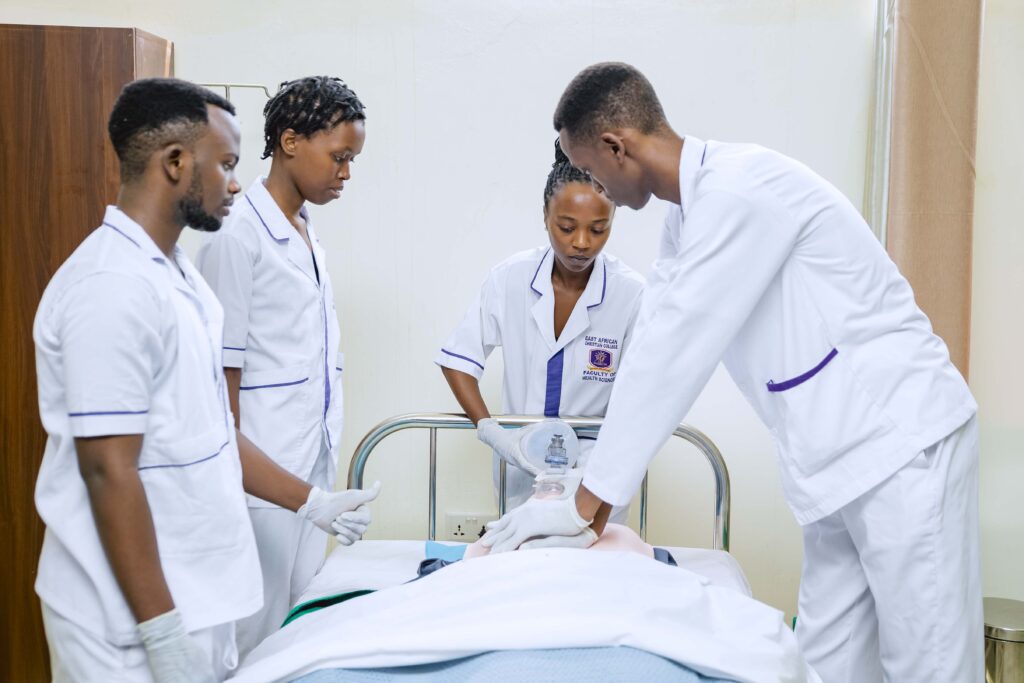USAID Ireme
USAID Ireme

Overview
Rwanda has made significant strides toward achieving universal health coverage, making it a model for development in Africa. In Rwanda’s Vision 2050, inspired national leadership and a committed population set out equally ambitious goals, envisioning Rwanda as a high-income country whose people enjoy universal access to high-quality health care.
To realize this vision, Rwanda must address significant development issues, achieving greater fiscal efficiency amidst slowing economic growth and high inflation, and changing cultural and social norms that still limit opportunities for women and other vulnerable populations. It has to overcome key technical challenges—such as siloed information systems, inefficient resource allocation, staffing shortages, and low health worker motivation.
With support from USAID, MSH worked closely with the Government of Rwanda and partner organizations to strengthen the capacity, leadership, and resiliency of the country’s health system. Through USAID Ireme, we helped improve cost efficiency and resource allocation, built management and governance skills across the health system, and strengthened workforce optimization. The name, Ireme, translates to quality in Kinyarwanda, which reflects our work to strengthen foundational systems to improve comprehensive, quality services for all. The five-year project was supported by an all-Rwandan, women-led leadership team that is equipped with the skills and experience needed to bring us closer to achieving the Vision 2050 goals. USAID Ireme aimed to build on the achievements of previous MSH-led projects in Rwanda to further improve health outcomes and create lasting change.
MSH applied a holistic, sustainable systems thinking for health approach and engaged with communities, civil society, and private-sector partners to:
- Foster accountability through citizen engagement and effective governance
- Integrate data systems for better evidence-based decision making
- Strengthen allocation and use of financial and human resources
USAID Ireme Fact Sheet
Sustainable Financing for Health Workers and Institutions in Rwanda
The USAID Ireme project is collaborating with Equity Bank Rwanda to introduce a new range of healthcare financing solutions designed specifically for Rwanda’s private healthcare sector. This initiative aims to enhance overall health service delivery by fostering entrepreneurial spirit and fostering innovation within healthcare providers and institutions.
Donors & Partners
Donors
The United States Agency for International Development
Partners
Centre for Impact, Innovation, and Capacity building for Health Information Systems and Nutrition (CIIC-HIN)
PharmAccess Foundation